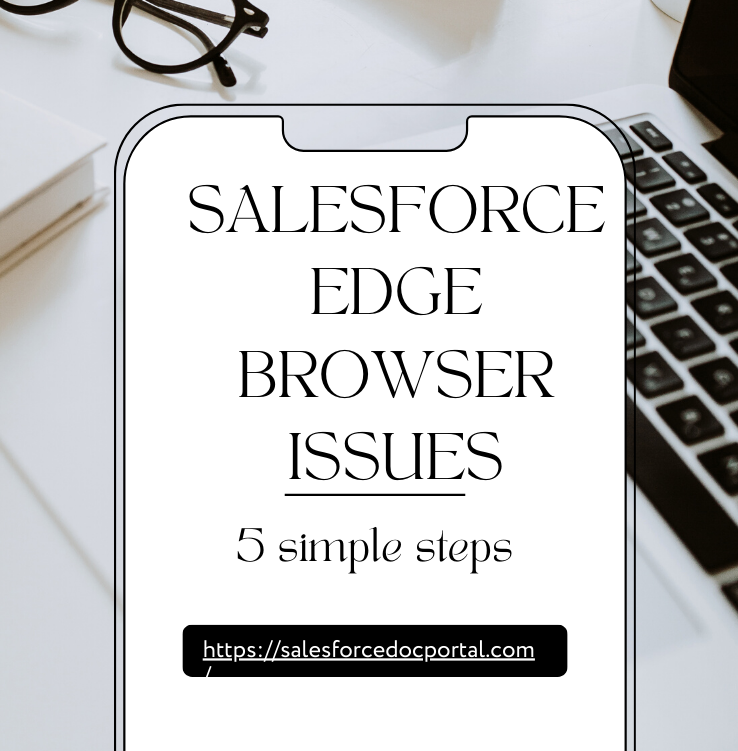Salesforce vs Siebel: In the realm of Customer Relationship Management (CRM) software, Salesforce and Siebel have long been leading contenders, each offering powerful solutions for managing customer interactions and driving sales growth. However, choosing between the two platforms can be a daunting task for businesses seeking the best fit for their needs. In this in-depth comparison, we’ll explore the key features, strengths, and differences between Salesforce and Siebel, helping you make an informed decision for your CRM strategy.
Introduction to Salesforce and Siebel
Salesforce: Salesforce is a cloud-based CRM platform known for its scalability, flexibility, and extensive range of features. It offers solutions for sales, marketing, customer service, and more, all accessible through a user-friendly interface and supported by a robust ecosystem of third-party integrations and extensions.
Siebel: Siebel CRM, now owned by Oracle, has been a stalwart in the CRM market for decades. It provides comprehensive CRM capabilities tailored for industries such as financial services, telecommunications, and healthcare. Siebel offers both on-premises and cloud-based deployment options, catering to the diverse needs of enterprises.
Key Features and Capabilities
Salesforce:
- Cloud-Based: Salesforce is entirely cloud-based, enabling easy access from anywhere with an internet connection.
- Scalability: With its scalable infrastructure, Salesforce can accommodate businesses of all sizes, from startups to large enterprises.
- Customization: Salesforce offers extensive customization options, allowing users to tailor the platform to their specific business requirements.
- AppExchange: The Salesforce AppExchange provides a vast marketplace of third-party apps and integrations to extend the platform’s functionality.
Siebel:
- Industry-Specific Solutions: Siebel CRM offers industry-specific solutions and pre-built modules tailored to the needs of various sectors.
- On-Premises Option: Unlike Salesforce, Siebel provides the option for on-premises deployment, which may be preferred by organizations with specific security or regulatory requirements.
- Deep Integration with Oracle Products: As part of the Oracle ecosystem, Siebel CRM seamlessly integrates with other Oracle products and services, such as Oracle Database and Oracle Fusion Middleware.
Salesforce vs Siebel: A Comparison
| Feature | Salesforce | Siebel |
|---|---|---|
| Deployment | Cloud-based | On-premises and cloud-based |
| Customization | Extensive customization options | Industry-specific solutions, less customization |
| Integration | Wide range of third-party integrations | Deep integration with Oracle products |
| Scalability | Scalable infrastructure for businesses of all sizes | Tailored solutions for enterprises |
| User Interface | Modern, user-friendly interface | Traditional interface, may require training |
Use Cases and Applications
Salesforce:
- Small to Midsize Businesses (SMBs): Salesforce’s scalability and affordability make it a popular choice for SMBs looking for a flexible CRM solution.
- Sales and Marketing Teams: Salesforce’s robust features for lead management, pipeline tracking, and marketing automation are well-suited for sales and marketing teams.
- Cloud-Native Environments: Businesses embracing cloud-native strategies may find Salesforce’s cloud-based approach more aligned with their technology stack.
Siebel:
- Enterprise-Level Organizations: Siebel CRM’s industry-specific solutions and deep integration capabilities make it a preferred choice for large enterprises with complex CRM needs.
- Regulated Industries: Organizations operating in highly regulated industries, such as finance and healthcare, may opt for Siebel’s on-premises deployment option to meet compliance requirements.
- Oracle Ecosystem Users: Companies already invested in the Oracle ecosystem may prefer Siebel CRM for its seamless integration with other Oracle products and services.
External Links and Resources
Frequently Asked Questions (FAQs)
Which CRM platform is better suited for small businesses: Salesforce or Siebel?
Salesforce is often preferred by small businesses due to its scalability, affordability, and ease of use. Siebel, on the other hand, may be more suitable for larger enterprises with complex CRM requirements.
Can Siebel CRM be deployed in the cloud?
Yes, Siebel CRM offers both on-premises and cloud-based deployment options, providing flexibility to organizations based on their preferences and requirements.
Does Salesforce offer industry-specific solutions like Siebel?
While Salesforce does not offer industry-specific solutions out-of-the-box like Siebel, it provides a highly customizable platform that can be tailored to meet the specific needs of different industries.
Conclusion
Choosing between Salesforce and Siebel ultimately depends on your organization’s size, industry, specific requirements, and existing technology stack. While Salesforce offers scalability, customization, and a rich ecosystem of third-party integrations, Siebel provides industry-specific solutions, deep integration with Oracle products, and the option for on-premises deployment. By carefully evaluating the features, use cases, and considerations of each platform, businesses can make an informed decision to drive their CRM strategy forward.

